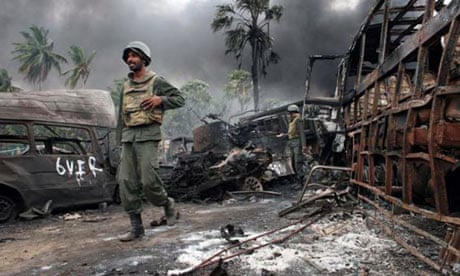Test: Power-sharing - 2 - UPSC MCQ
20 Questions MCQ Test - Test: Power-sharing - 2
What event in Sri Lanka, occurring in 1956, heightened the grievances of Tamil speakers and led to further preferential policies favoring the Sinhalese population?
What was a major consequence of the civil war in Sri Lanka on the country's economy and population?
What was a significant factor contributing to tension and domination in Belgium during the 1950s and 1960s?
Which language was recognized as the only official language of Sri Lanka in 1956? (2012)
How many languages are scheduled in the Indian Constitution?
Why did the Sri Lankan Tamils launch parties and struggle?
Which of the following is very important factor for better understanding between Central and State Government?
Which one of the following is correct regarding power sharing?
A. It leads to conflict between different groups.
B. It ensures the stability of the country.
C. It helps to reduce the conflict between different groups.
In Belgium, out of the total population, 59 per cent live in the Flemish region and speak _______ language.




















